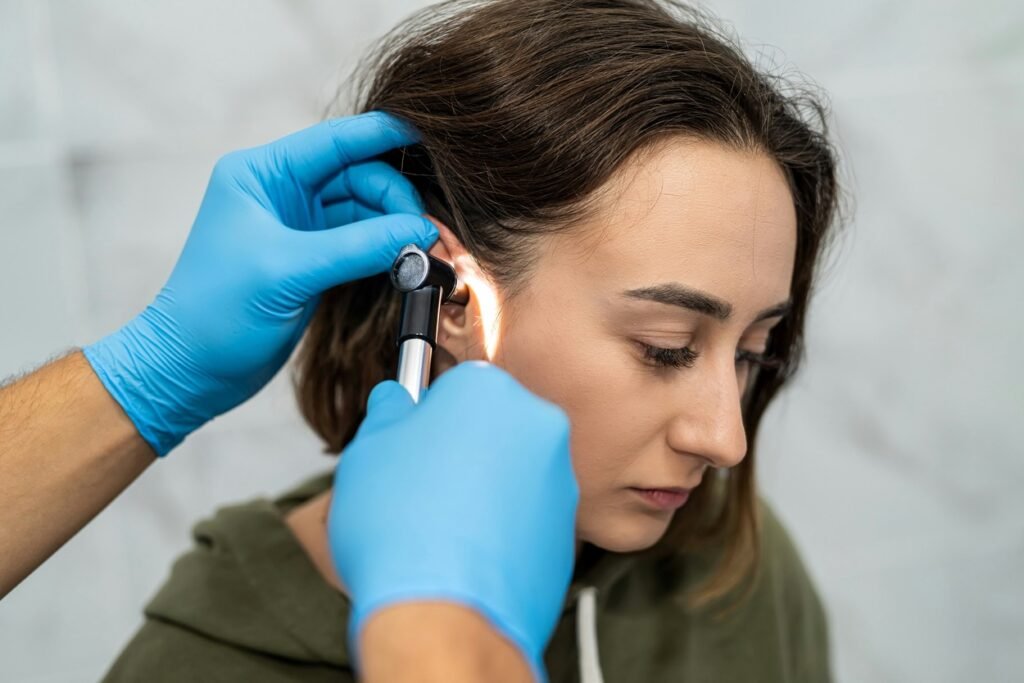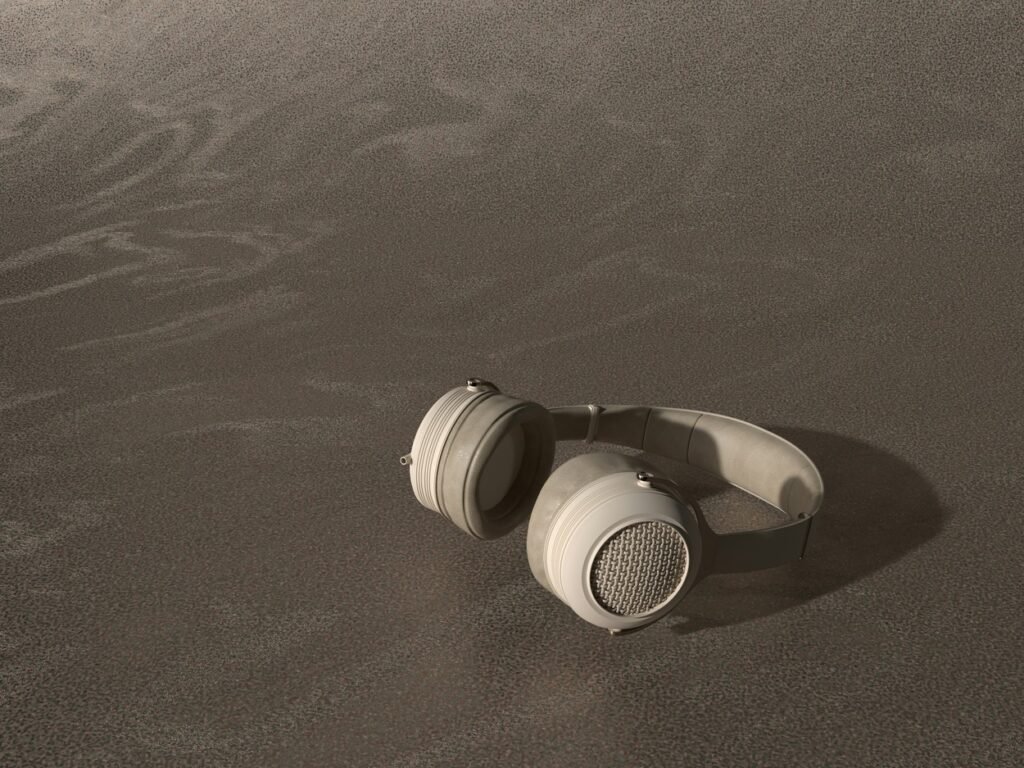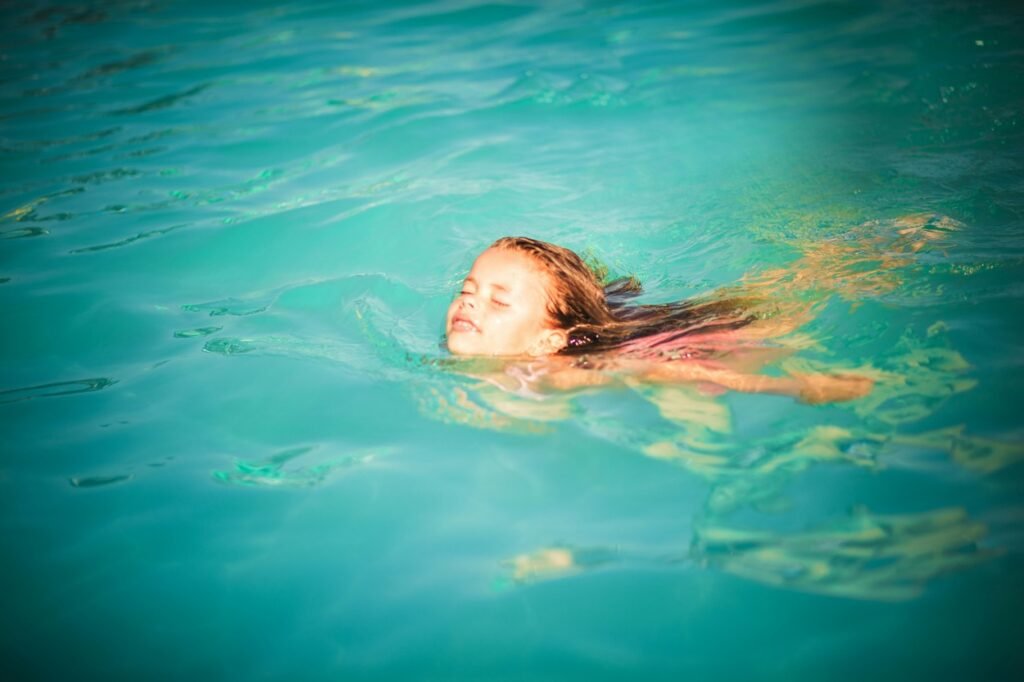Being a parent is a little like being a cruise ship captain: you’re always steering through unpredictable waters. One moment, your toddler is squealing with excitement at the sight of their swimsuit, and the next, you’re grappling with a dreaded ear infection. For those of us who’ve been there, we know that the question of whether or not to let them swim feels like one of those decisions where you’re going to second-guess yourself no matter what.
When my daughter had an ear infection last summer, it was as though I’d signed up for a parenting pop quiz I didn’t study for. She wanted to swim, and I wanted to avoid becoming the villain of her summer. So, can toddlers swim with an ear infection? Let’s dive in—pun intended—and figure this out together.
What’s Happening in That Tiny Ear?
Before deciding whether your little one can swim, it’s helpful to understand what’s going on with their ear infection. Not all infections are the same, and knowing the details can make a huge difference.
The Basics of Ear Infections
Ear infections happen when fluid builds up in the middle ear, just behind the eardrum. This creates a perfect environment for bacteria or viruses to settle in, resulting in inflammation and pain. Toddlers are especially prone to ear infections because their Eustachian tubes are shorter and more easily blocked.
There are two main types of ear infections to consider:
- Middle Ear Infections: These are the most common and occur deeper inside the ear, behind the eardrum.
- Swimmer’s Ear: This is an infection of the outer ear canal, typically caused by water getting trapped and becoming a breeding ground for bacteria.
Knowing which type of infection your toddler has is critical because swimming rules vary depending on the diagnosis.

Can Swimming Make Things Worse?
The short answer: yes, it can—but not always. It depends on the type of ear infection and the swimming conditions.
Risks to Consider
- For Middle Ear Infections: Swimming is less likely to directly worsen the condition because water doesn’t usually reach the middle ear. However, diving, splashing, or exposure to water pressure can aggravate symptoms.
- For Swimmer’s Ear: Swimming is a definite no-go here. Water exposure will only irritate the infection further and slow down healing.
The other major risk comes from the quality of the water. While a clean, chlorinated pool might not pose much danger, lakes, rivers, and oceans are teeming with bacteria that can lead to complications.
When my son had a middle ear infection and insisted on joining his cousins in the pool, I had flashbacks of the time I swam in a murky lake and ended up with swimmer’s ear myself. Let’s just say, I wasn’t eager for a repeat performance—this time with a toddler involved.
What Do the Experts Say?
Every situation is unique, and your pediatrician’s advice should be your guiding star. But here are some general guidelines:
- For Middle Ear Infections: If your child doesn’t have ear tubes, swimming in a clean, chlorinated pool might be okay—if your doctor approves. However, avoid submerging their head or letting water get into their ears.
- For Swimmer’s Ear or Toddlers with Ear Tubes: Swimming is generally not advised until the infection has cleared completely.
My pediatrician gave me a slightly amused smile when I asked if a kiddie pool counted as “safe swimming.” His response? “You can try it, but be prepared for them to get water everywhere except where you want it.”
How to Swim Safely with an Ear Infection
If your pediatrician gives the go-ahead for swimming, here’s how to minimize risks. Trust me, I’ve tested these strategies while trying to keep my water-loving toddler happy without feeling like I was playing Russian roulette with her ears.
Strategies to Keep Swimming Fun and Safe:
- Use waterproof earplugs designed for toddlers to prevent water from getting inside the ear.
- Add a snug-fitting swim cap or waterproof headband for extra protection.
- Stick to clean, well-maintained pools. Avoid natural bodies of water like lakes and oceans, which carry higher bacterial risks.
- Keep swimming sessions short. The less time in the water, the lower the chance of irritation.
- Dry your toddler’s ears thoroughly with a soft towel after swimming.

What If Swimming Isn’t an Option?
Sometimes, the answer is a hard “no” to swimming. And yes, it can feel like the end of the world—at least to your toddler. But there are ways to make the best of the situation without a full-on meltdown.
During one particularly ear-infection-plagued summer, I found that a little creativity could go a long way. Here are a few alternatives that worked for us:
- Backyard Water Fun: A small splash pad or water table can provide endless entertainment without the risk of water getting into their ears.
- DIY Car Wash: Hand them a sponge and a bucket of water and let them “wash” their ride-on toys (or, if you’re brave, your actual car).
- Popsicles and Imagination: Sometimes, a cold treat and a well-timed distraction can do wonders.
The Emotional Side of Saying No
Let’s be real: telling a toddler they can’t swim when all their friends or siblings are splashing around is like pulling the plug on their dreams. As a parent, you feel the weight of the disappointment—and maybe even some guilt.
The key is framing it in a way that minimizes the sting. When my daughter was sidelined during a pool day, I told her she was “the lifeguard” and gave her a whistle to blow if anyone got too rowdy. Not only did it work, but she ended up enjoying the newfound power. (I, on the other hand, regretted the whistle about 20 minutes later.)
Final Thoughts: Can Toddlers Swim with an Ear Infection?
In the end, the answer to this question is both simple and complicated: it depends. It depends on the type of infection, your doctor’s advice, and your comfort level as a parent.
If your toddler can’t swim, remind yourself that it’s just a small blip in their summer adventures. There will be plenty of opportunities for cannonballs and belly flops in the future. And if they can swim, take all the precautions you can and enjoy the moment—because before you know it, they’ll be asking for their driver’s license instead of their floaties.
Being a parent often feels like navigating uncharted waters, but with a little humor and a lot of love, you’ll find your way. Now, go grab those goggles—or maybe just a popsicle. Either way, you’ve got this!
